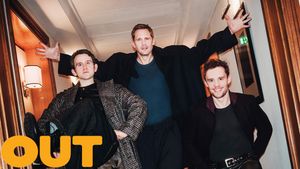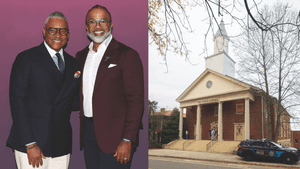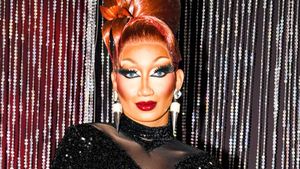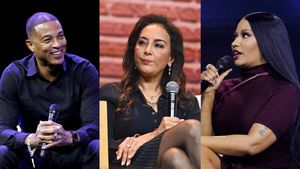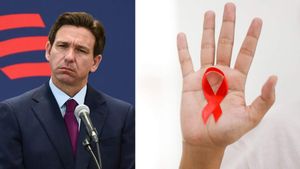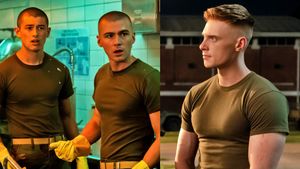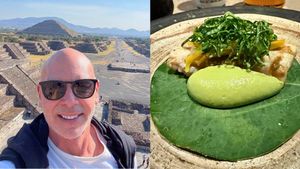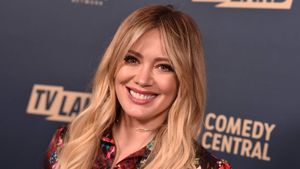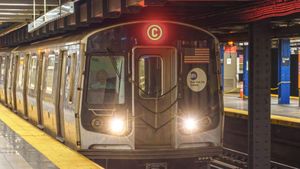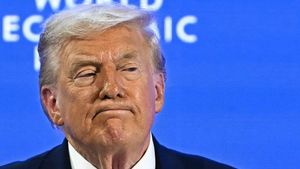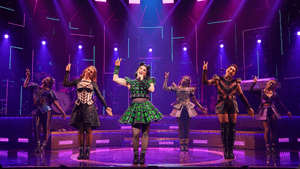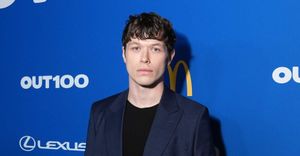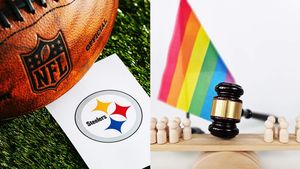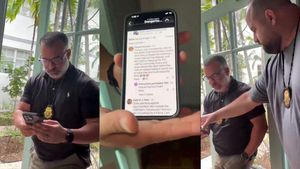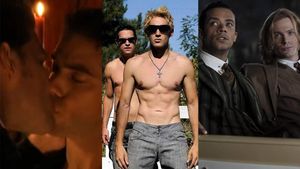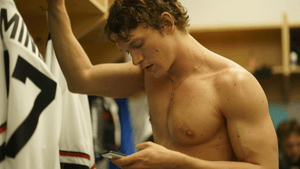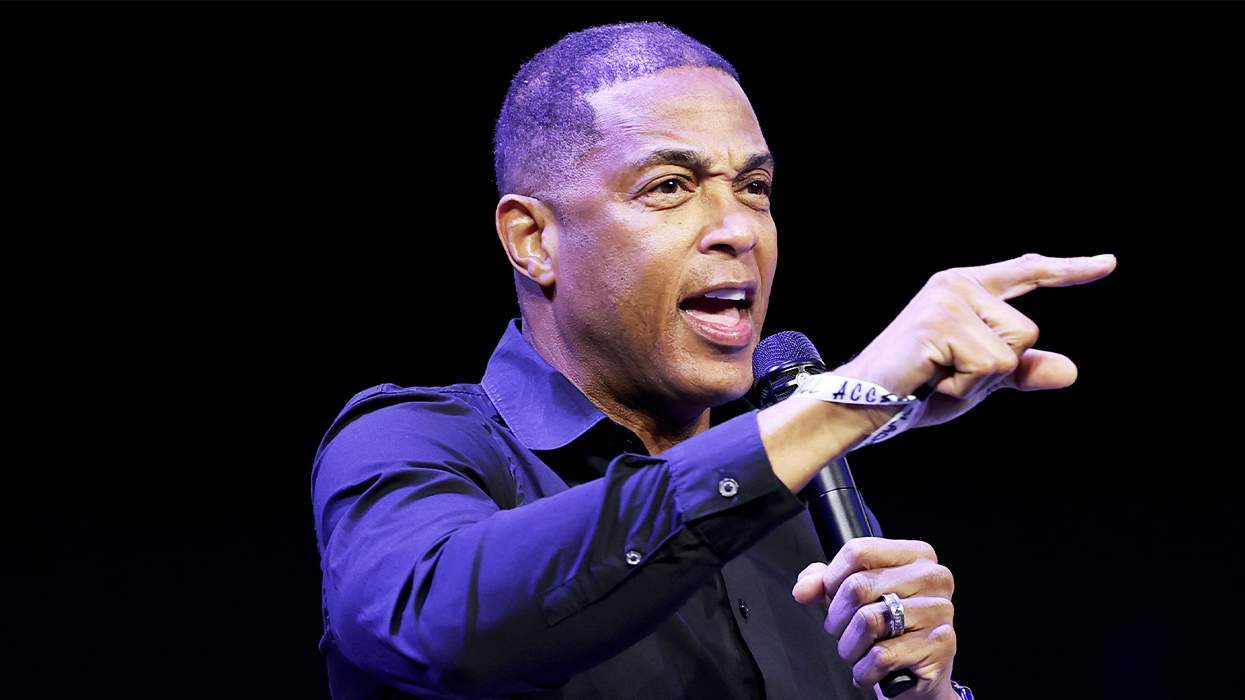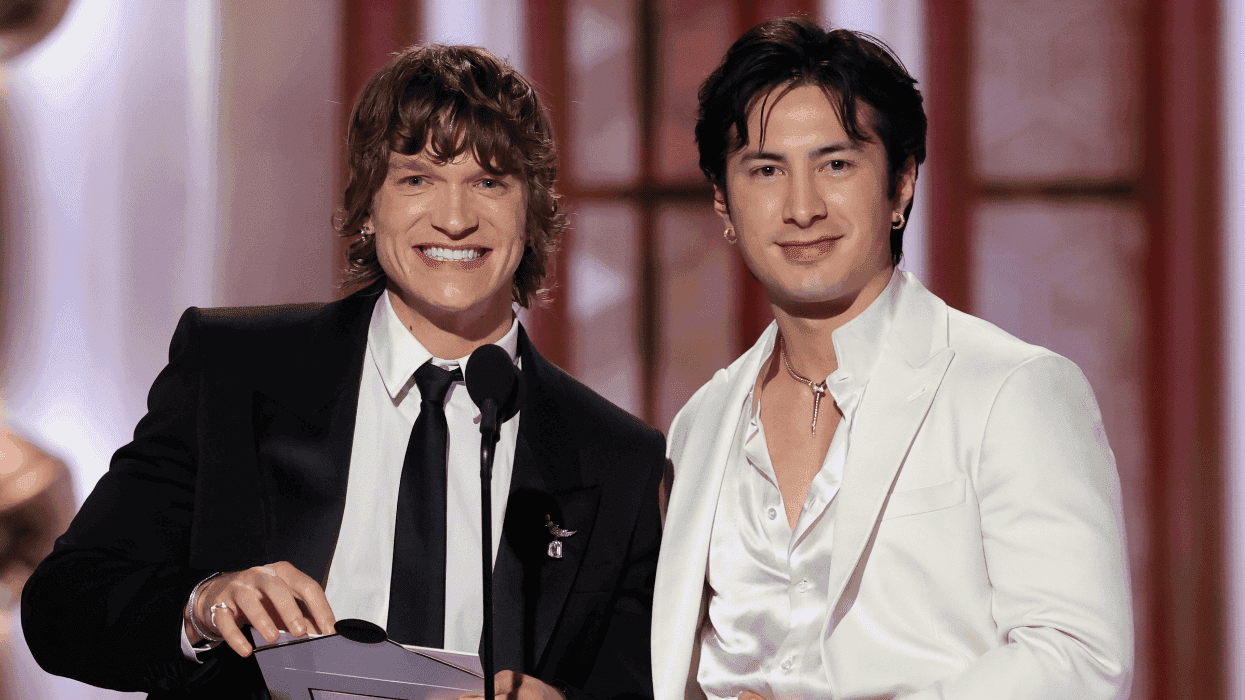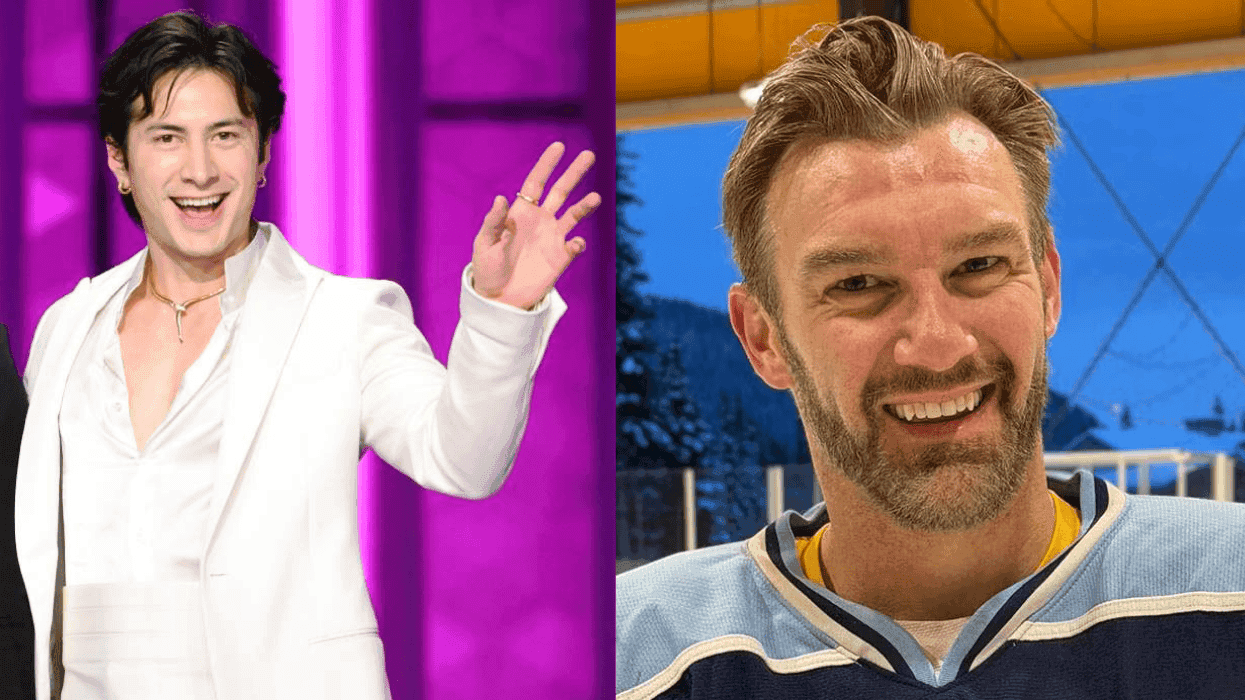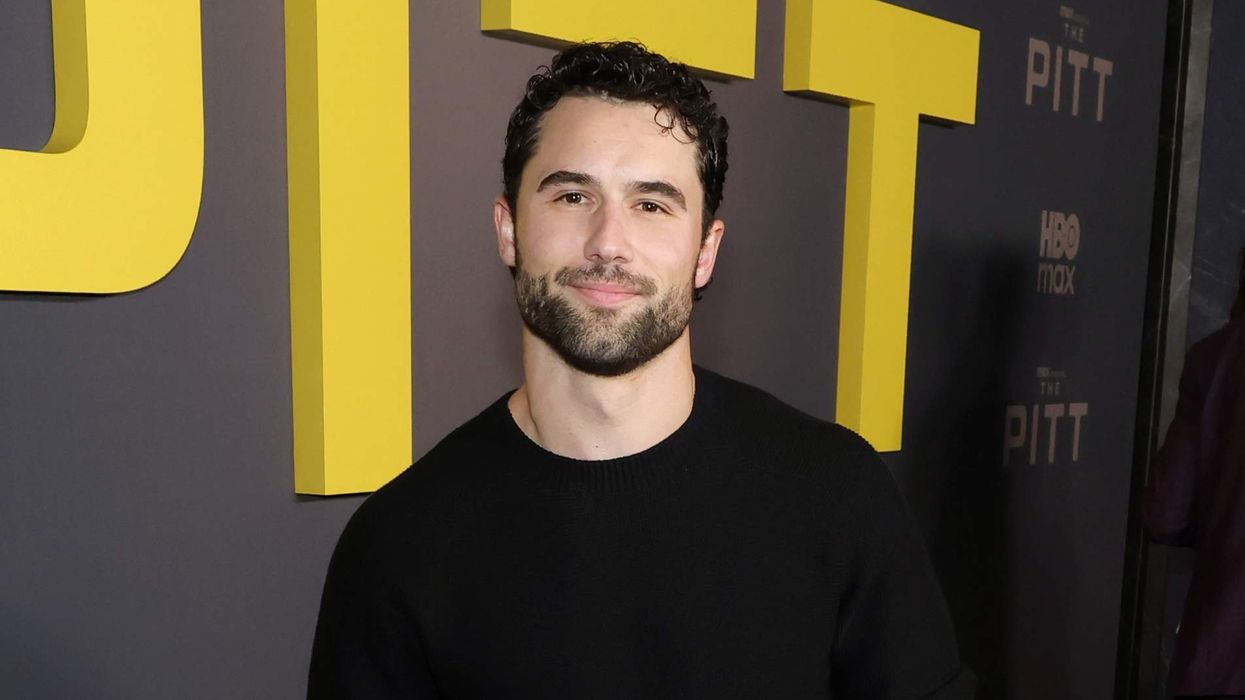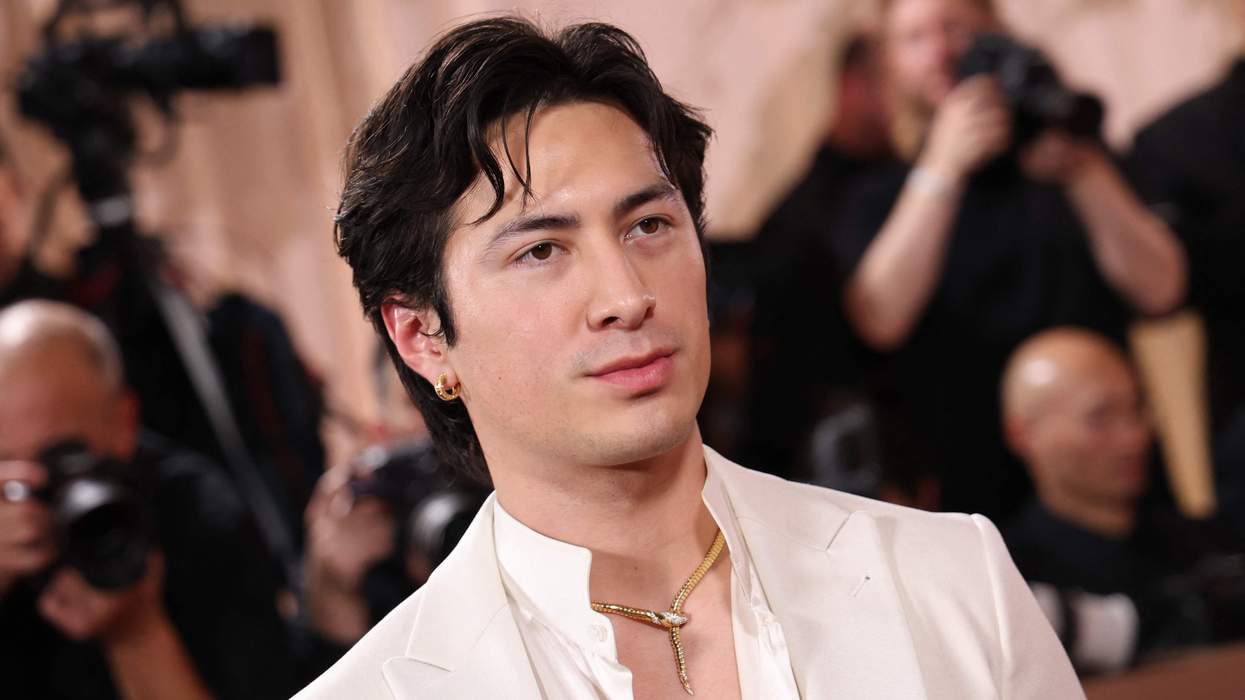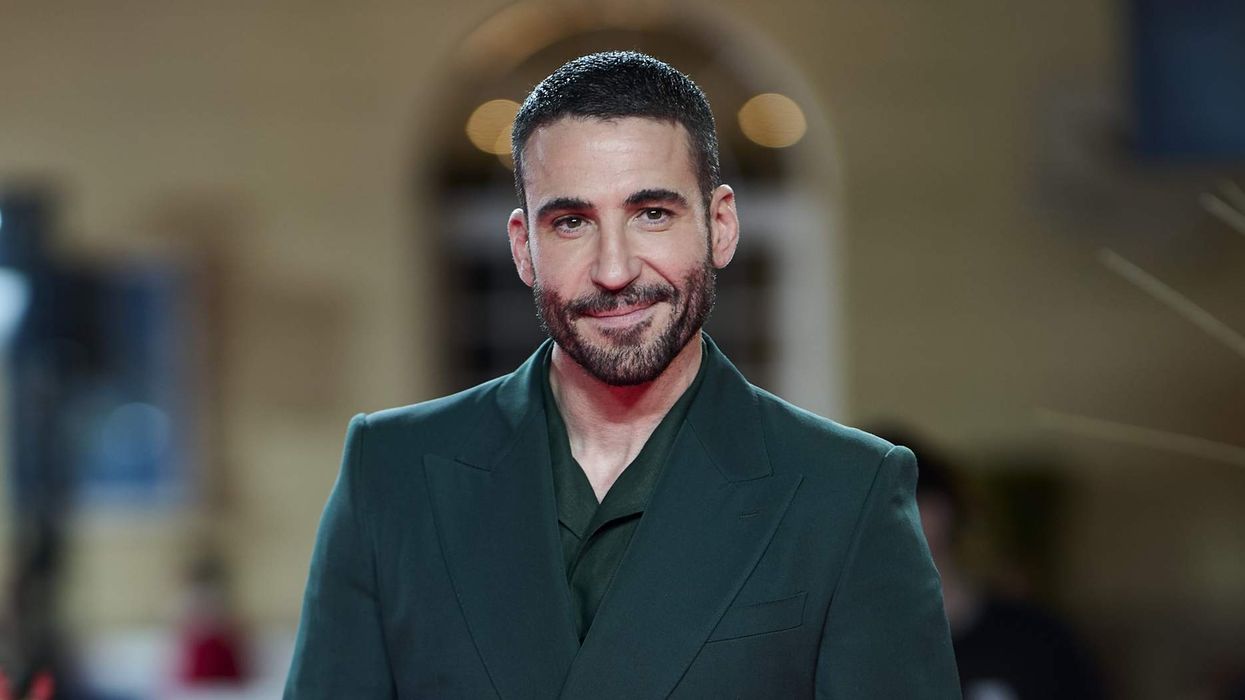You may or may not have noticed a buzz online about Toronto and Black Lives Matter. Whether you’ve stayed in the loop or not, here’s what you, no matter how you identify, need to know. Because highlighting marginalized voices is important if we’re going to build the sort of strong and vibrant LGBT and queer community we want to be a part of.
At Toronto Pride on Sunday, Black Lives Matter held a protest where they set a list of demands to make Pride more inclusive. They clearly illustrated the requests in the tweet below.
\u201cApparently to some, our demands are "too radical/divisive." Look for yourselves fam #BlackPride\u201d— Black Lives Matter \u2014 Toronto (@Black Lives Matter \u2014 Toronto) 1467590412
As is always the case whenever a protest occurs, (privileged) people complain about being inconvenienced, about it being distracting, about the protestors being selfish or needing to wait until a more “appropriate” time.
But the thing about protest is it isn’t supposed to be convenient. It isn’t supposed to be easy to ignore.
\u201cThe community & allies supported our actions. 2 those who felt inconvenienced, be better. @PrideToronto needs 2 be better. #blackpride\u201d— Black Lives Matter \u2014 Toronto (@Black Lives Matter \u2014 Toronto) 1467674066
Protests are supposed to call attention to an important issue, and BLM has accomplished this goal time and time again. What BLM wants us to remember is that the media doesn’t always (read: rarely) portrays a positive image of marginalized groups, and this is true for how BLM has been represented. As a movement very heavily led by queer black people, it should come as no surprise to people who are paying attention that this protest has been portrayed as a divisive, aggressive tactic, rather than something that deepened a sense of community among many queer people of color.
Because they weren’t alone in this.
\u201cWhat the media won't tell you is the strong showing of solidarity from other vulnerable communities. So we will. #blackpride\u201d— Black Lives Matter \u2014 Toronto (@Black Lives Matter \u2014 Toronto) 1467673604
\u201cIndigenous 2-Spirit allies stood with/ beside us calling 4 justice within @PrideToronto. They prayed, smudged, drummed, chanted #blackpride\u201d— Black Lives Matter \u2014 Toronto (@Black Lives Matter \u2014 Toronto) 1467673829
\u201cLatinx allies provided us with drumming & heartbeat. They opened up the space for our occupation. we share common histories of resistance.\u201d— Black Lives Matter \u2014 Toronto (@Black Lives Matter \u2014 Toronto) 1467674030
And it’s *hugely* important that we pay attention because, unfortunately, the reality is that Pride isn't as inclusive as it needs to be, especially not for QTPOC. Pride has continually been whitewashed, with queer narratives themselves whitewashed, Pride itself turned into a capitalist party instead of a movement, and people who are marginalized beyond their queerness iced out and silenced.
One demand set by Pride that got a lot of people abuzz was the request that there no longer be police floats in Pride parades and marches. Some interpreted this to mean that queer police officers weren’t welcome at parades, which isn’t the case. While some were excited about the rainbow-ing of police and their increased role at Pride following the Orlando shooting, many people of color felt they were no longer welcome at Pride, as there is a long history of law enforcement specifically targeting queer and trans people of color.
And this is important.
Maybe it doesn’t feel relevant to you. Maybe it doesn’t feel like it really matters. Maybe it feels like BLM is reaching, being overdramatic, or stirring controversy where there is none. But all that means is that you have the privilege not to be impacted by things like a lack of black and POC ASL translators and increased police presence. All it means is that you’re not listening.
And, as we said before, listening to marginalized voices, even when you’re marginalized yourself, is crucial if we’re going to build the sort of LGBT and queer community we want to be a part of.
Because there’s always more work to be done. And inclusivity is worth the effort.


